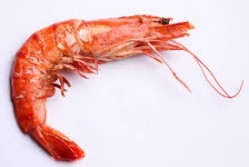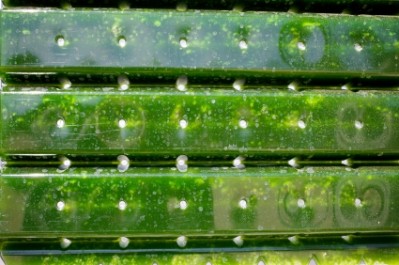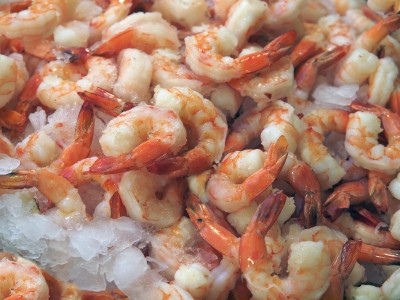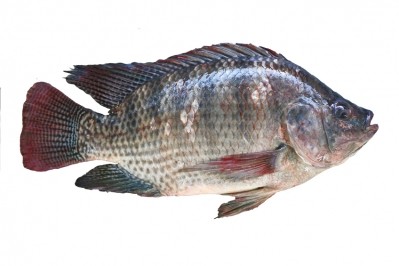Ralco races to commercialize land-based shrimp production technology

Ralco is now developing and commercializing the technology, which is billed as having the potential to revolutionize shrimp production by “changing the rules of the industry”.
“Shrimp harvesting has reached its limit. Shrimp ponds are currently struggling with disease and the oceans are rising which is silting in existing shrimp ponds and the cost of transporting shrimp a third of the way around the world is extremely high.
The super-intensive raceway system provides us with a great competitive advantage. We will be able to grow shrimp in a confined environment, with a greater ability to control disease and provide a predictable supply of shrimp,” Michael Ziebell, general manager for Ralco’s shrimp division.
A quantum leap
He described the technology, which was developed by Dr Addison Lawrence at Texas A&M University, as “a quantum leap versus anything that is out there”.
Explaining how the raceway system works, he told FeedNavigator: “Dr Lawrence has created an elegantly engineered vessel that recreates the currents shrimp encounter in the natural world. They thrive in moving water, which can’t be too fast or too slow.
He added: “The beauty of the system is that a farm can be built anywhere that has a local feed supply such as soy beans.”
The feed connection
Ziebell said one of the reasons Texas A&M had chosen to license the technology to Ralco was because of its expertise in animal feed, a key ingredient in the super-intensive raceway formula.
“Through the combination of Dr Lawrence’s technology and Ralco’s technology we will have a feed process that optimizes local shrimp commodities. Our whole focus is that the shrimp grow efficiently and healthily,” he said.
To this end he said Ralco had proprietary formulations of additives and supplements to compliment commodity carriers that would be available locally.
“We will work with farms to use their commodities in addition to our proprietary additives and supplements to create balanced and effective diets for the shrimps.”
Global repeatability
The ability to reproduce the model anywhere is crucial to Ralco’s long term strategy for commercializing the technology by providing producers with specifications for land-based production facilities along with the shrimp larvae and feed.
“Our intention is to deliver turnkey processes based on Dr Lawrence’s structure,” confirmed Ziebell.
The company is currently constructing a research facility in Balaton, Minnesota, which will house a 240 tank center, feed laboratories and a nursery. It says the facility will enable its technical team to further refine structural elements of the raceway system to ensure that future commercial production facilities produce shrimp as efficiently as possible.
Plans are also underway to build a demonstration facility comprising two raceways, each with an annual capacity of 24,000lb.
“They will be approximately half the size of a full scale commercial facility. We intend to invite investors who are interested in building farms to come and see how the shrimps are reared, fed and harvested - the entire process will be open to them,” said Ziebell.
The company is hopeful that the first production farm will be functional before the end of 2016.







